Decoding AC Coupled vs DC Coupled Batteries: Which One Fits Your Energy Needs
2023-05-31
In the realm of renewable energy systems, the choice between AC coupled and DC coupled batteries is a crucial decision that can significantly impact your energy needs. Understanding the differences and advantages of each approach is essential for making an informed choice. This article will decode the concepts of AC coupled and DC coupled batteries, highlighting their characteristics, benefits, and suitability for various energy requirements.
1. AC Coupled Batteries:
AC coupled batteries are integrated into the alternating current (AC) side of a solar power system. They are typically connected to an inverter, which converts the direct current (DC) produced by solar panels into AC electricity for immediate use or feeding into the grid. The key features of AC coupled batteries include:
Flexibility: AC coupled system allows for retrofitting existing solar installations, making them a versatile option for upgrading or expanding your energy storage capacity.
Independence: AC coupling enables independence between the solar PV system and the battery system. This means that even if the PV system fails, the batteries can still provide power during outages.
Compatibility: AC coupled batteries are compatible with a wide range of inverters, making them suitable for various solar power setups.
2. DC Coupled Batteries:
Unlike AC coupled batteries, DC coupled batteries are connected to the direct current (DC) side of a solar power system. They are integrated with the solar charge controller, which regulates the charging process. Here are the main characteristics of DC coupled batteries:
Efficiency: DC coupled systems are known for their high efficiency, as they minimize energy losses during the conversion process. Since the batteries directly receive the DC power generated by the solar panels, fewer conversions are required.
System optimization: DC coupling allows for more precise control over the charging and discharging of batteries, optimizing the overall system performance.
Cost-effectiveness: In some cases, DC coupled batteries can be more cost-effective, especially for new solar installations, as they eliminate the need for an additional inverter.
AC Coupled vs DC Coupled: Making the Right Choice
When deciding between AC coupled and DC coupled batteries, it's crucial to consider your specific energy needs and system requirements. Here are some factors to consider:
Existing system: If you already have a solar power system in place, AC coupling might be a more suitable option for expanding your energy storage capacity.
Efficiency: If maximizing system efficiency is a top priority, DC coupled batteries are worth considering due to their streamlined DC-to-DC connection.
Cost: Assess the overall costs of installation, including inverters and charge controllers, to determine which option aligns with your budget.
The choice between AC coupled and DC coupled batteries depends on various factors, including system requirements, flexibility, efficiency, and cost considerations. Both approaches offer distinct advantages, and understanding their differences will help you make an informed decision that meets your energy needs. Whether you opt for AC coupled or DC coupled batteries, leveraging renewable energy storage solution is a step towards a sustainable and reliable energy future.



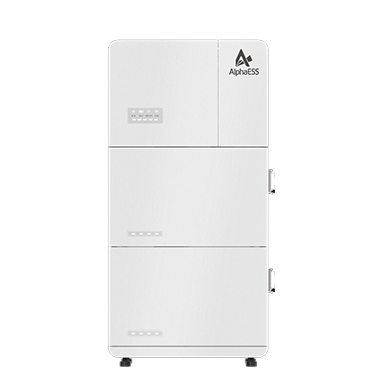
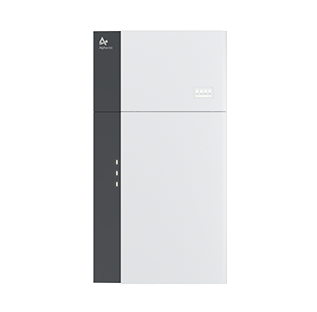
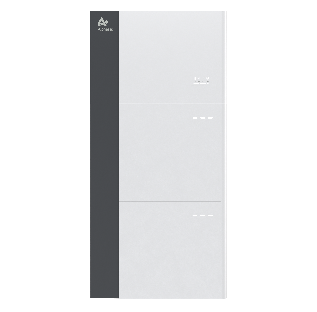
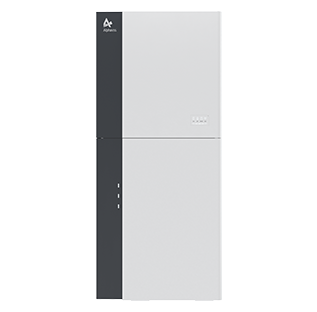
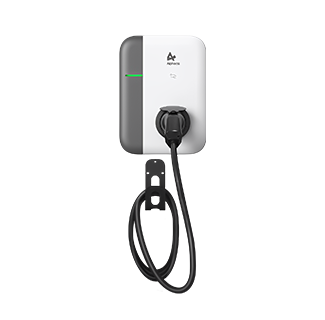
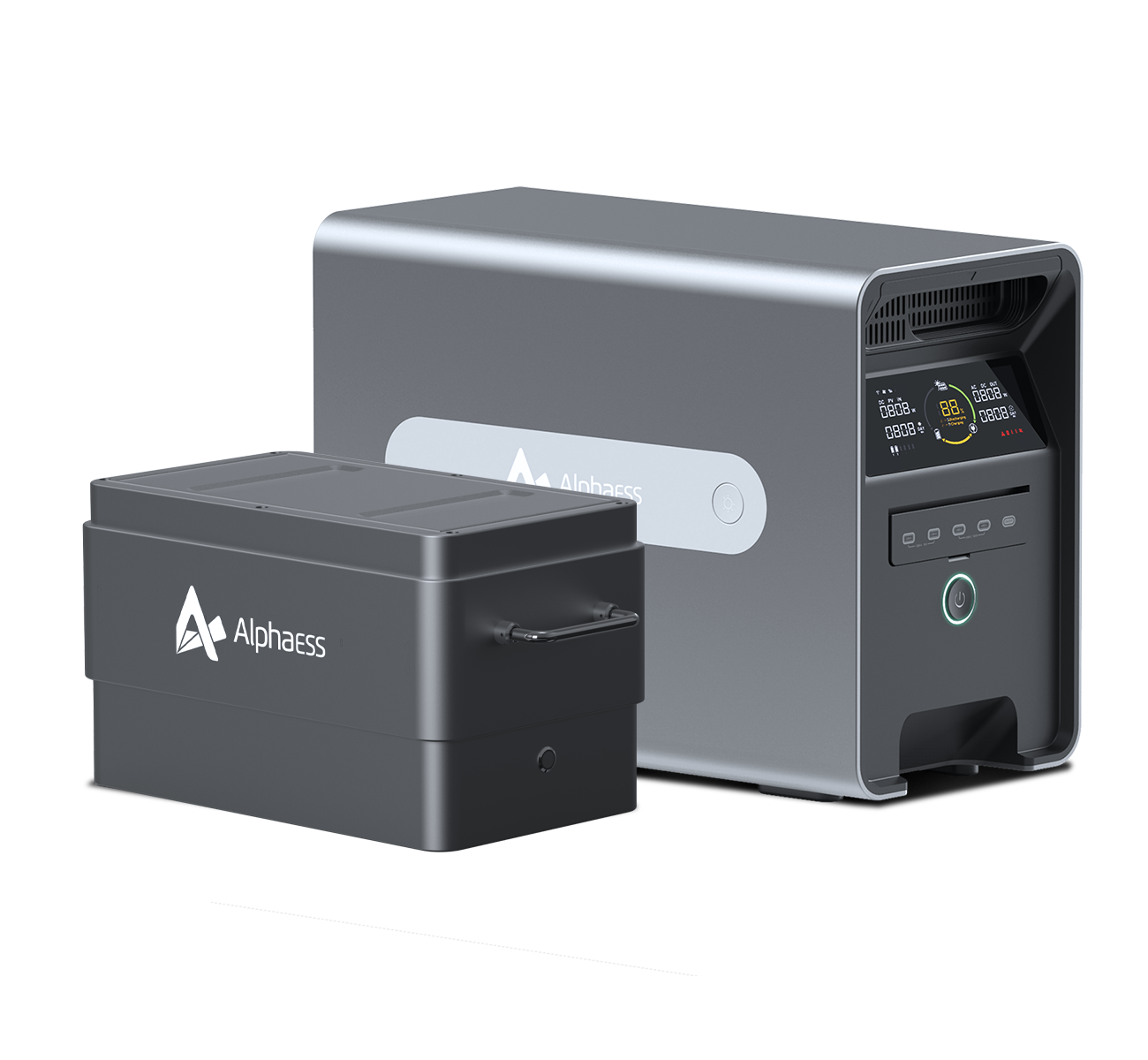
.png)
(3).png)
(2).png)
.png)
(545x562xiangsu)(2).png)

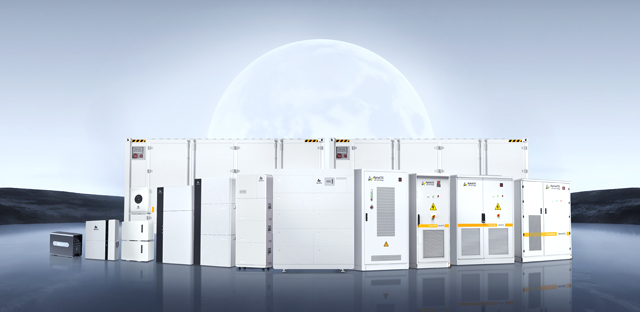


.svg)





















